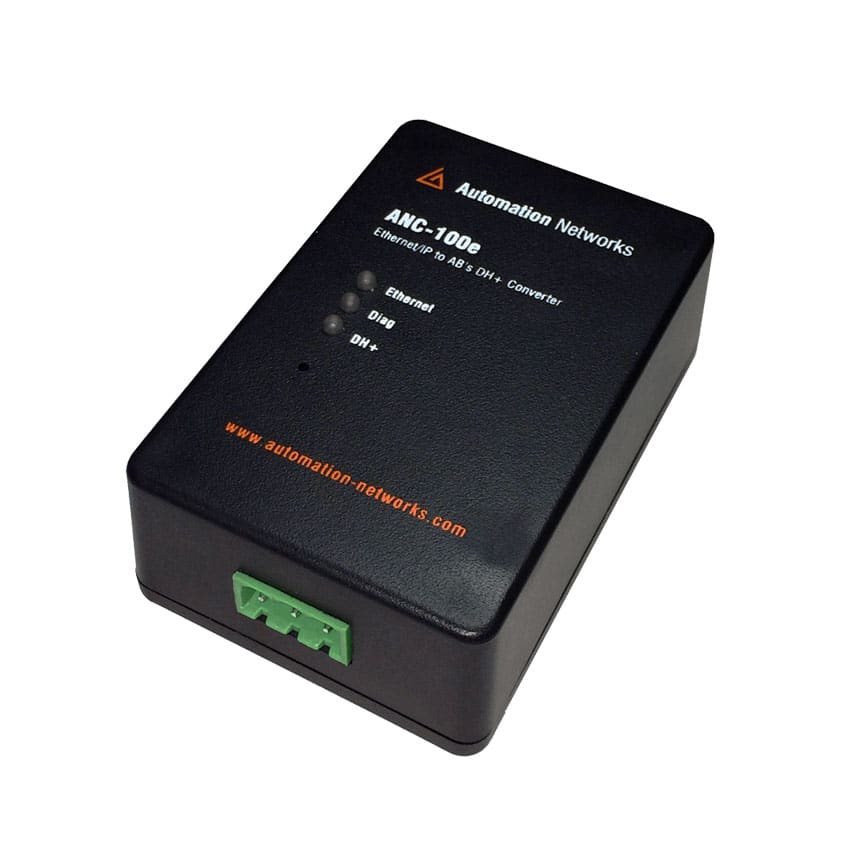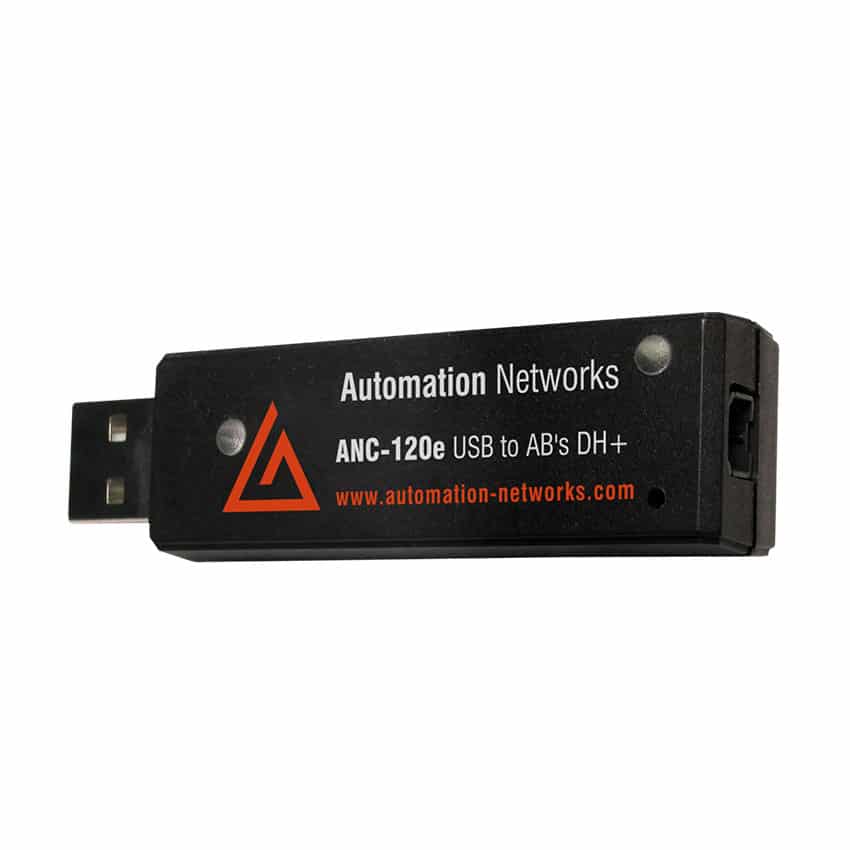Protocols most common with Allen Bradley factory automation
In the realm of factory automation, especially with Allen-Bradley (a brand of Rockwell Automation) equipment, several communication protocols are commonly used. These protocols facilitate the integration and communication between various automation components such as PLCs (Programmable Logic Controllers), HMI (Human-Machine Interfaces), sensors, and drives. Here are some of the most prevalent protocols associated with Allen-Bradley factory automation:
1. Ethernet/IP
- Overview: Ethernet/IP is one of the most widely used protocols in Allen-Bradley systems. It is built on standard Ethernet technologies and integrates the Common Industrial Protocol (CIP) for industrial automation applications.
- Applications: Used for a wide range of applications including data exchange, configuration, and control tasks between various devices such as PLCs, computers, and HMI panels.
2. ControlNet
- Overview: ControlNet is another popular network protocol in the Allen-Bradley suite, known for its deterministic and high-speed performance.
- Applications: Typically used for real-time, high-throughput applications such as motion control, process control, and safety systems.
3. DeviceNet
- Overview: DeviceNet is based on the CAN (Controller Area Network) protocol and is used for lower-level devices such as sensors and actuators.
- Applications: Ideal for device-level communication, particularly where a reduced amount of data needs to be exchanged.
4. Data Highway Plus (DH+)
- Overview: DH+ is an older protocol still found in many legacy Allen-Bradley systems. It was widely used before the advent of Ethernet-based networks.
- Applications: Mainly found in older systems for PLC-to-PLC communication or PLC-to-remote I/O communication.
5. RS-232 / RS-485 Serial Communications
- Overview: While not specific to Allen-Bradley, these standard serial communication protocols are used in many industrial applications, including those with Allen-Bradley equipment.
- Applications: Used for point-to-point communication with devices that require lower data transfer speeds, such as barcode readers, printers, and some HMI panels.
6. SERCOS Interface
- Overview: SERCOS (Serial Real-time Communication System) is an interface used primarily for motion control applications.
- Applications: Common in applications requiring precise and synchronized control of multiple axes, such as CNC machines and robotic systems.
7. DF1
- Overview: DF1 is a legacy serial communication protocol used in many older Allen-Bradley PLCs.
- Applications: Primarily used for programming, configuration, and HMI interaction with older PLC systems.
Considerations for Choosing a Protocol:
- Compatibility: The choice of protocol often depends on the specific Allen-Bradley equipment being used and its compatibility.
- Application Needs: Different protocols offer strengths in various aspects, such as data speed, real-time capability, and network topology.
- Legacy vs. Modern Systems: Newer installations tend to favor Ethernet/IP due to its flexibility and speed, while legacy systems might still rely on older protocols like DH+ or DF1.
In summary, Allen-Bradley factory automation systems employ a diverse range of communication protocols, each suited to different aspects of industrial automation. The evolution from legacy systems to modern, networked environments is marked by a transition to more advanced, Ethernet-based protocols like Ethernet/IP.
ANC-100e Ethernet IP to AB's DH+ Converter
The Automation Networks ANC-100e communicates with all SCADA, HMI, PLC programming with direct Ethernet/IP access to the DH+ network and stations.
ANC-100e has similar replacement features as the Controllogix 1756-DHRIO / 1756-ENBT, and AB 1784 Interface Cards: 1784-U2DHP, 1784-KTx, 1784-PKTx, 1784-PCMK and Prosoft AN-X2-DHRIO Converters.
$1,295 USD List. Jan. 1, 2024
ANC-120e USB to AB's DH+
The ANC-120e works with all SCADA, MMI, PLC programming packages installed on your PC with USB direct access to the DH+ network and stations. These packages include RSLINX/LOGIX Classic & Enterprise with RSLOGIX 5/500, Wonderware DAServer & TCP/IO Server, Citect, and Kepware using Controllogix Ethernet/IP Drivers.


